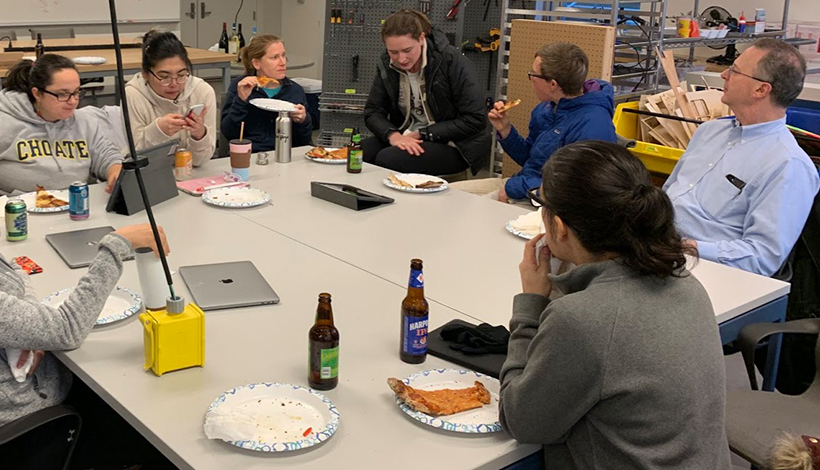You are an innovative school that provides numerous opportunities for your students to learn in a variety of ways based on their strengths and interests. You create daily schedules that make it easy for those students to take advantage of the opportunities afforded them. You encourage them to travel abroad and explore summer experiences to enrich and enhance their collection of school year activities. There is absolutely no question regarding the priority of great student learning at your school.
Are you able to say the same of your faculty? What priority do you place on their learning experiences? Here is the story of one school.
Several years ago, Choate Rosemary Hall created a new office of the dean of faculty that included a director of faculty development. The first appointee was a colleague I had worked with for many years, designing and teaching history courses. Gratefully, he was also my son’s academic advisor and crew coach. Since I was responsible for technology integration, a process driven by pedagogy, I worked closely with Tom. He devised a number of faculty PD programs that reinforced the school’s recognition that supporting the professional skills of the faculty was critical to the future success of the school.
- New Faculty: While the…


